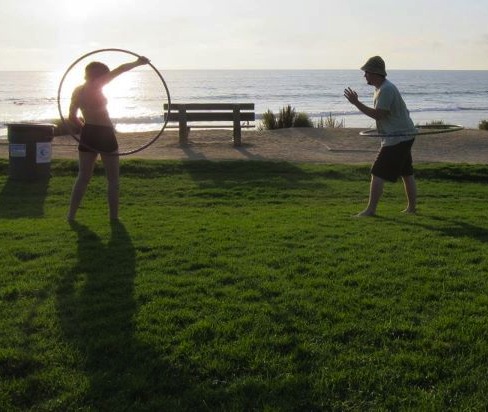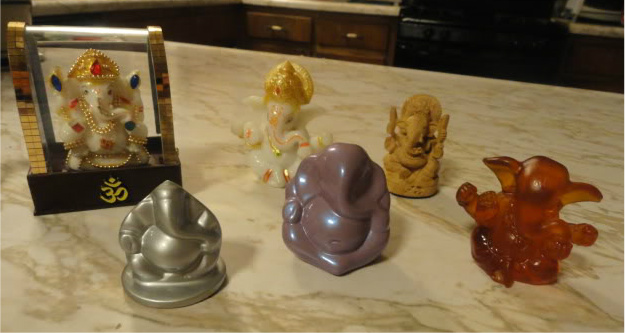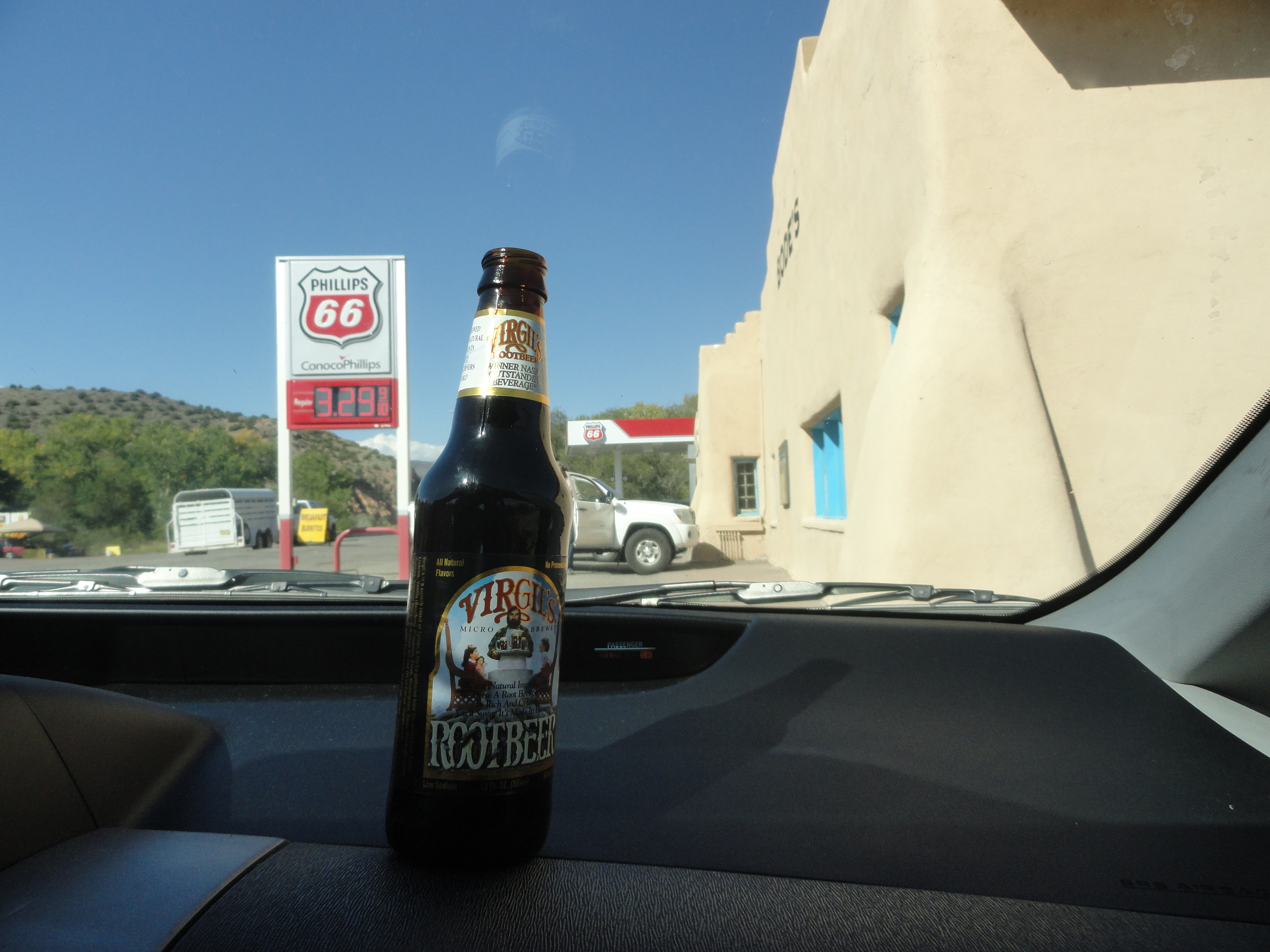
Words are like all the oceans and rivers in the world, like the rain and snow. They are insubstantial in a way; they can become solid, as these on this page are, or they can be flowing, as in a song or rhyme, or they can dissolve into the air. They can come crashing against you or knock you down. They can erode trust and love, as water can erode a cliff. They can soothe and heal and cleanse.
There are always more words to choose from and rearrange as you wish, and you can produce more and more new combinations until you're too old to remember how to do it, if you live that long.
Make choices when you use words. . . . Speak from your heart and your thoughts, not from your hurts or your fears. Use your words for good, for nurturing. Use your words to protect the peace of your home. Keep your words to yourself sometimes, but other times be so courageous that you put some words out there as a warning and a fence between you and those who wish to harm you with their own outflow of dangerous words.
Don't waste your words.
Build gifts from words.
from "Words" in The Big Book of Unschooling
photo by Jessica Sexton, of Gioia Cerullo and Kirby Dodd,
in San Diego, September 2011








